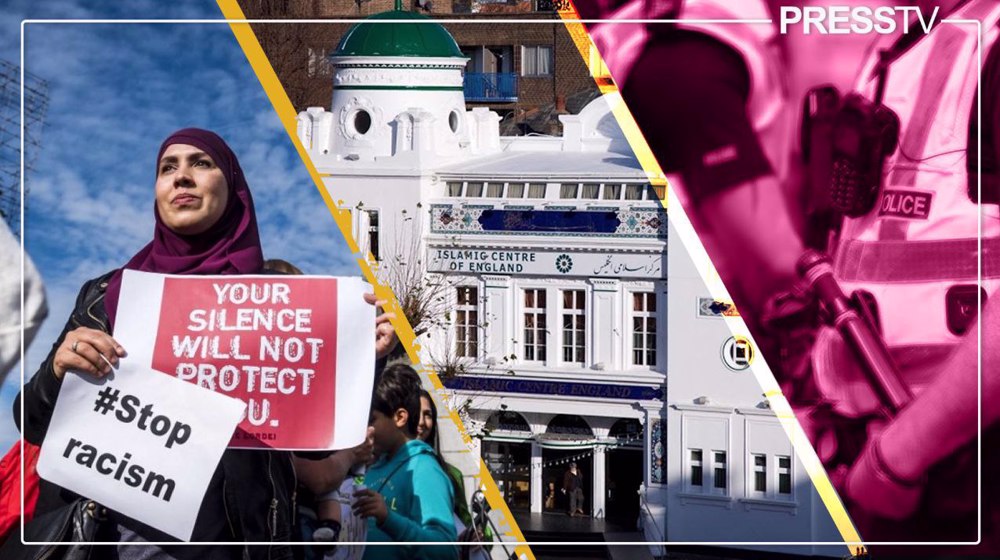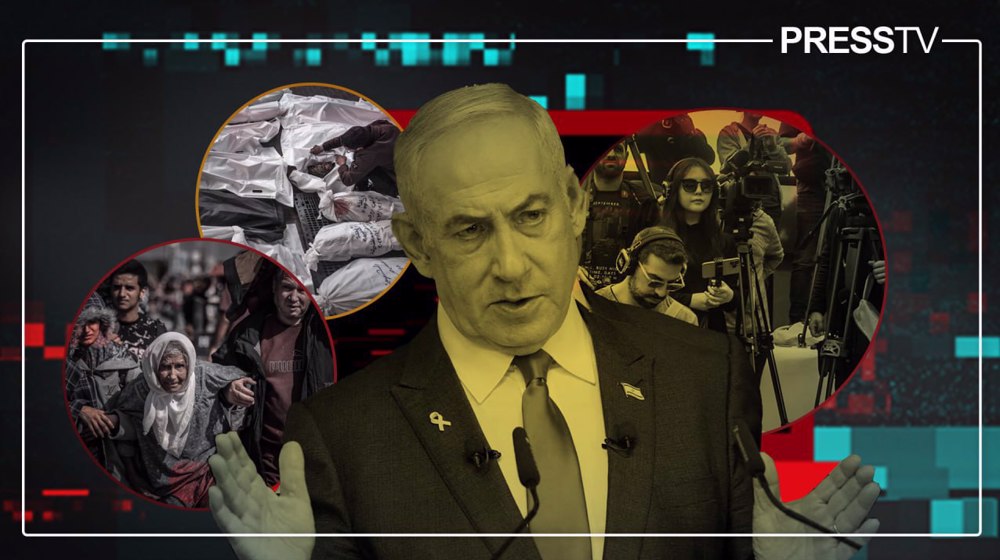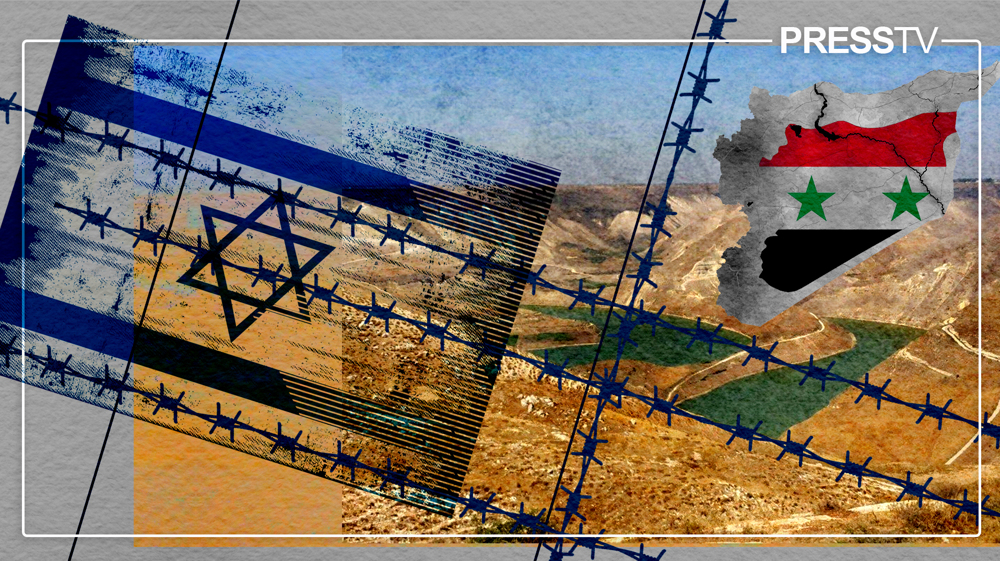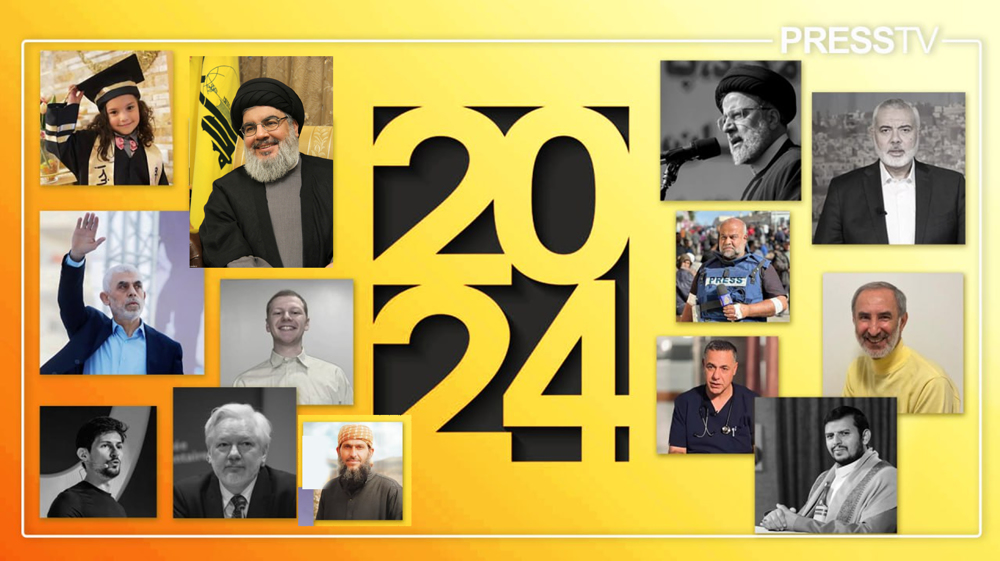Islamic Centre of England 'takeover' restricts Muslim political expression
By Omar Ahmed
Last month, the UK’s Charity Commission (CC), the “independent, non-ministerial” governing body tasked with regulating charities in the country sparked controversy and outrage after it made the controversial decision to effectively shut down the Islamic Centre of England (ICE), a leading Shia mosque and charitable organization in London’s Maida Vale area.
On May 10, the CC announced that it had removed the ICE’s current board of trustees and appointed an interim manager, “due to the trustees’ failure to comply with their legal duties and responsibilities and their failure to protect the charity’s assets.”
The appointment, on May 4, of Emma Moody of the law firm Womble Bond Dickinson means she “will have all the powers and duties of the charity’s trustees,” including being able to conduct reviews of the charity’s governance and administration.
Notably, the Islamic Centre has charitable purposes which include “advancing the religion of Islam and education, and the provision of social and religious welfare facilities.”
In light of this, the appointment of a non-Muslim in overseeing the operational affairs of the mosque has been a particularly contentious and sensitive issue for the local Shia community.
The move comes after the ICE had been made the subject of a statutory investigation by the regulator since November 2022.
According to the CC, the probe was launched over “serious governance concerns” having allegedly failed to comply with previous rulings, which have included an official warning.
CC-ICE row over two events
It is understood that the CC took umbrage after two events were held on the ICE charity’s premises in 2020, to pay tribute to the late Islamic Revolution Guards Corps (IRGC) Quds Force commander, Lt. Gen. Qassem Soleimani, who was martyred in a US drone attack in January 2020.
According to pro-Zionist media outlets, there have also been accusations regarding denunciations of Zionism and the apartheid regime of Israel by speakers associated with ICE.
ICE Deputy Director, Abbas Abedi, insists that “some politically motivated groups are trying to drag the charity into their political disputes.”
While the US under the Donald Trump administration proscribed the IRGC as a foreign terrorist organization (FTO) in 2019, the UK has faced so far not done so.
However, in January, the House of Commons unanimously passed a motion urging the British government to consider proscribing the primary branch of the Iranian armed forces as a terrorist group.
But there appear to be divisions within the government, with reports that the Foreign Office is vetoing the ban, while the Home Office and other departments are in favour of the move.
Evidently, the former is taking into consideration the caution by Iran’s Foreign Minister Hossein Amir-Abdollahian, who in January opined that designating “one of the most effective counterterror forces in the world” will be interpreted as a serious escalation, potentially undermining Europe’s security.
In 2014, American news magazine Newsweek's cover story stated how Soleimani was “Crushing ISIS (Daesh), referring to the top anti-terror commander’s fight against Daesh.
A week before Amir-Abdollahian’s comments, the Tony Blair Institute for Global Change, an NGO ironically set up by, and named after a notorious war advocate, made its case as to why the IRGC should be proscribed.
The report by Kasra Aarabi, the Iran program lead, stated that “proscription would not close the door to diplomatic engagement with Tehran,” erroneously drawing parallels with the case of diplomacy with the Lebanese government, following the 2019 proscription of the resistance movement Hezbollah in its entirety. There is no comparison.
Currently, Lebanon doesn’t have a unified government, let alone a president, nor is the armed wing of Hezbollah a conventional component of the state’s military, unlike Iran’s IRGC.
Nevertheless, amid mounting pressure on the government to act, observers believe the British government’s indecisiveness may change ahead of a Westminster Hall debate on London’s policy on Iran, scheduled for June 7.
CC’s ‘biased approach
In response to the charity watchdog’s actions, an open letter was sent on May 31, signed by several academics, journalists, activists and community leaders denouncing the CC for not being a “neutral arbitrator” and showing a “biased approach”.
The “politically motivated” decision, the letter says is concerning, as the CC lacks the jurisdiction to tell “religious communities what they can say and who they can invite to their centres”.
“To appoint an interim manager who is not from that faith community, not aware of its spiritual and religious needs, nor aware of the specific needs of that particular congregation, shows us that the Charity Commission has yet again failed to protect the best interests of a Muslim religious centre and its congregation,” the signatories of the letter stress.
Significantly, the letter highlights that “it is wholly unfair that a Muslim charity is treated in this way due to the perception of it not conforming to Western foreign policy interests.”
The centre, due to its affiliations with the Islamic Republic, is seen by detractors and antagonists as an “Iranian regime outpost” in the country, despite the diverse congregation, both in terms of nationalities and ethnicities, but also on matters of which marja or religious authority they follow.
Furthermore, in its 2020 report on the UK’s relationship with Iran, the Commons Foreign Affairs Committee wrote that Iran “challenges the values that underpin UK foreign policy.”
British Shia Muslims thus see it concerning that UK authorities, much like their counterparts in some Muslim-majority countries, have started to conflate Shia minorities as fifth columns of Iran, and therefore a target group for securitizing, as was the case in 2020 when Egypt banned TV stations and websites associated with Shia Islam under the pretext of “national security”.
Such precedents in the West have occurred in the past, as in 2021, when US authorities seized several Shia-affiliated outlets, including UK-based, English-language channel Ahlulbayt TV.
Dictating political preferences
Another underlying issue in this controversy lies in the expectation that religious institutions and their congregations should be devoid of any political preferences and sentiments or at least those that don’t align with the government’s foreign policy stance.
Penalizing the ICE and its congregation, according to observers, instils the notion that Shia Muslims must not have a principled stance, on say the ongoing illegal occupation of Palestine, the foreign-backed war in Yemen or the government repression in Bahrain, as these are clearly at odds with the British government’s strategic and economic interests.
The ICE has also been a frequent target of Islamophobic attacks by secular, anti-Iran activists, in the wake of the death of Mahsa Amini and the deadly riots that followed across Iran.
A PressTV article touched upon it last year, which at the time disrupted the Shia community’s commemoration of an Arbaeen procession. This year, another commemorative event impacted the birth anniversary of Imam Reza (peace be upon him).
Due to the ICE’s closure, several religious programs have been canceled. On Wednesday, a peaceful protest was organized outside the ICE by worshippers against the CC’s “takeover”.
In addition to generating condemnation, the recent intervention by the CC against the ICE has exposed concerns about the boundaries of political expression within religious institutions and the infringement upon their autonomy.
The appointment of a non-Muslim interim manager and the removal of the ICE's board of trustees, coupled with allegations of bias and overreach, has ignited a debate about the commission's role in regulating religious organizations in the United Kingdom.
The perceived targeting of Shia Muslims because of geopolitical tensions and the idea that religious charities should conform to government foreign policies raises important questions about the fair treatment of diverse communities and their right to express principled stances.
In a society that supposedly values inclusivity and respect for different viewpoints, experts believe it is crucial to safeguard the independence of religious institutions while also upholding the principles of transparency and accountability.
Omar Ahmed has an MSc in International Security and Global Governance from Birkbeck, University of London. His interests include the politics, history and religion of the MENA region.
Iran, Turkey to resolve issue of stranded trucks soon: Minister
VIDEO | Extensive military drills underway in western Iran with focus on rapid deployment
VIDEO | Palestinian artist preserves Gaza’s legacy by chronicling genocide
VIDEO | Billionaire Musk intervenes in UK politics
Arab League condemns map claiming Arab lands as part of ‘greater Israel’
Iran’s second copper mine reports 3-fold rise in deposits
Leader: Iran will greatly benefit from a more secure Iraq
VIDEO | Press TV's news headlines










 This makes it easy to access the Press TV website
This makes it easy to access the Press TV website